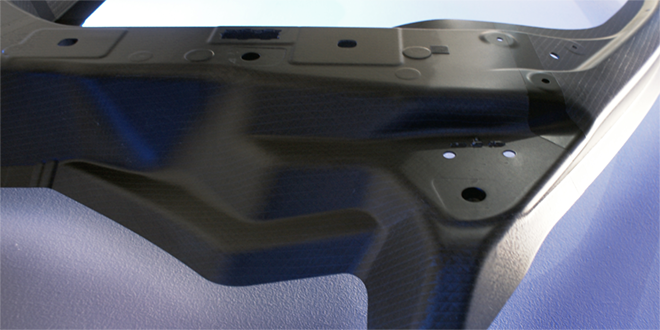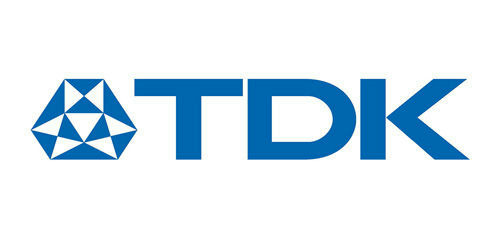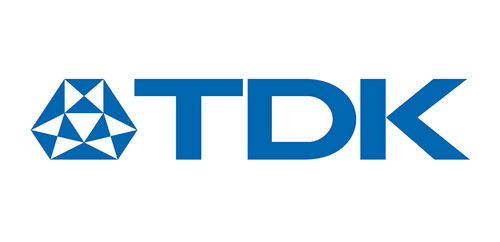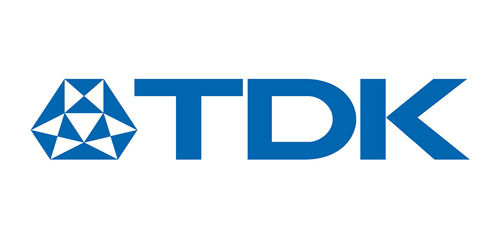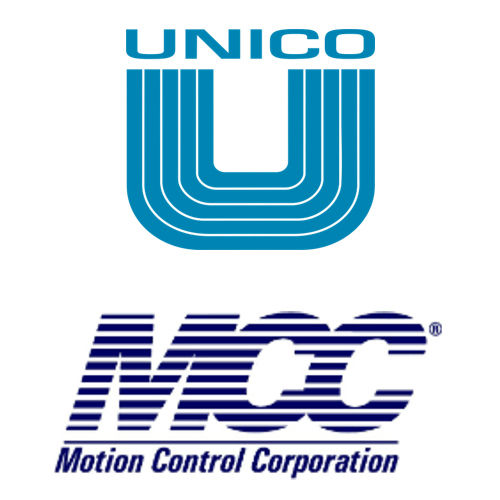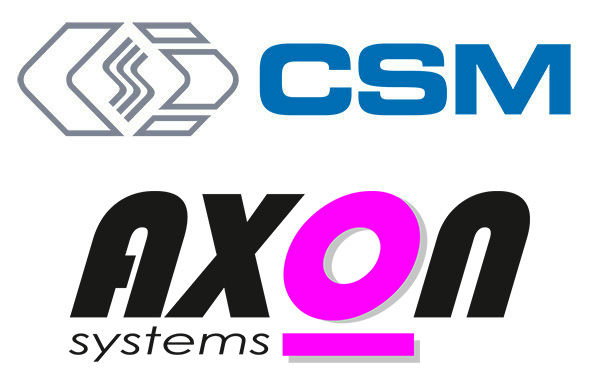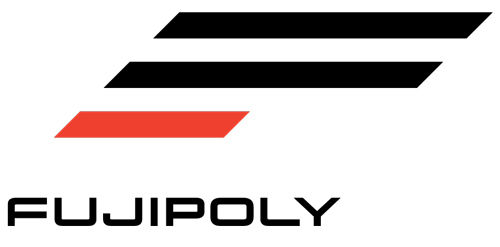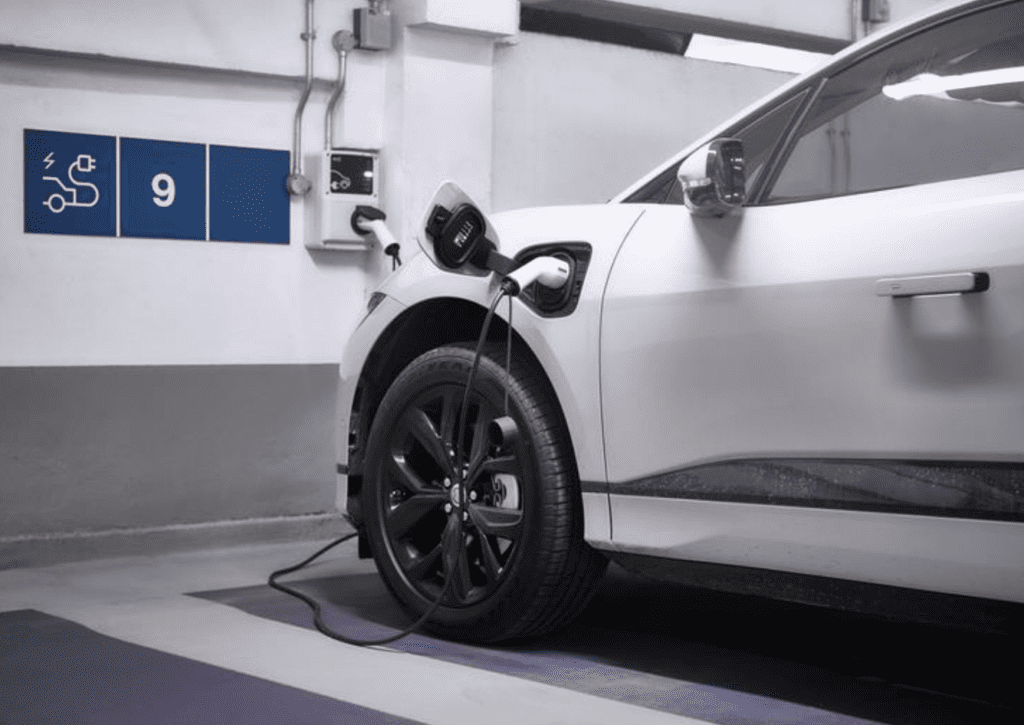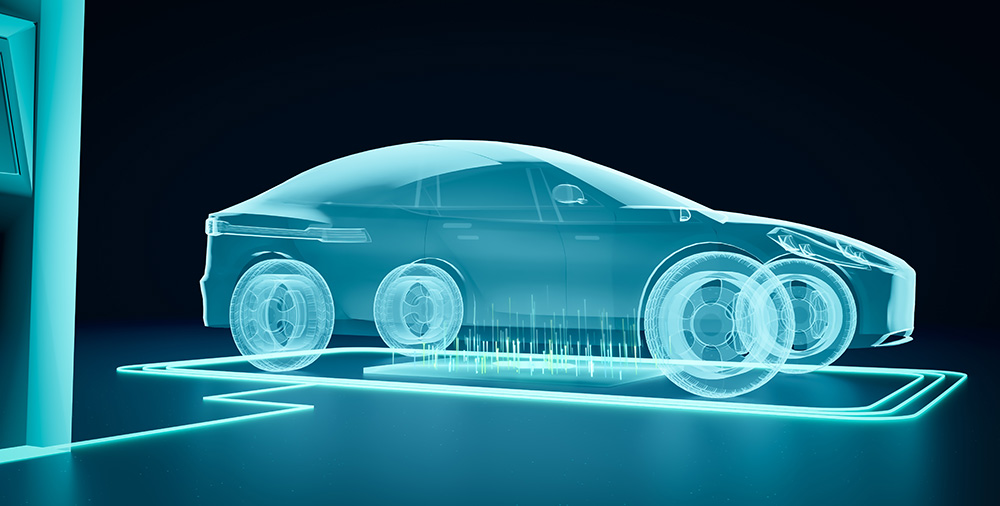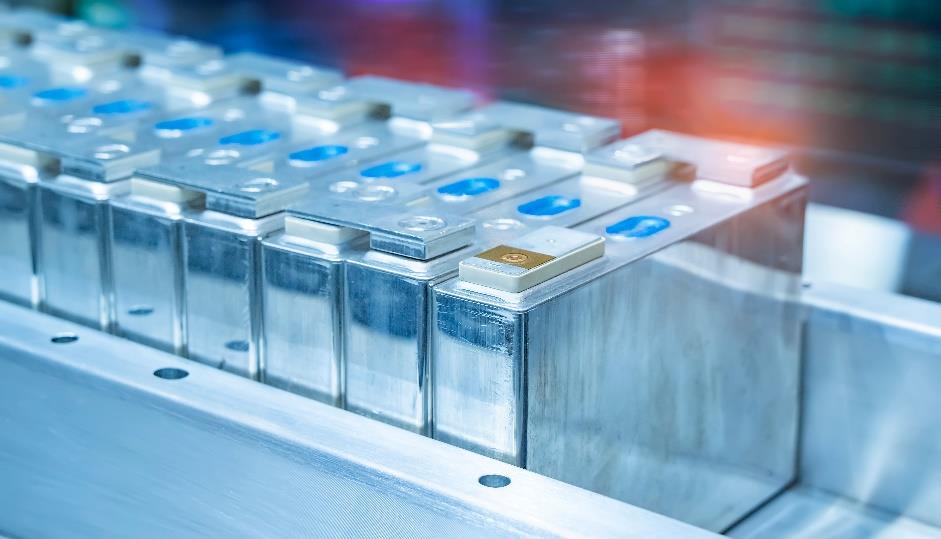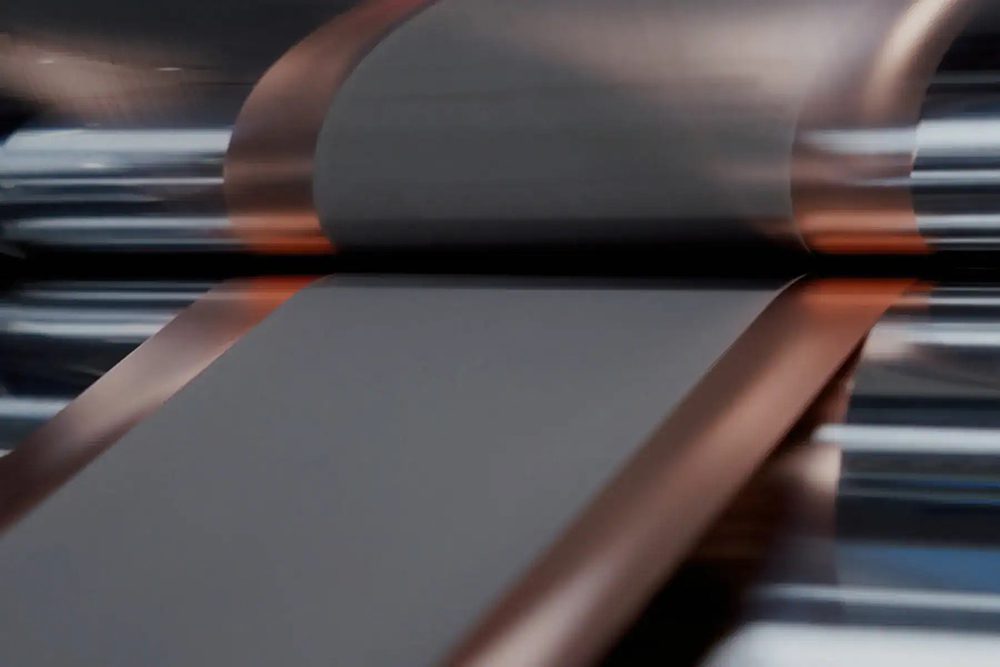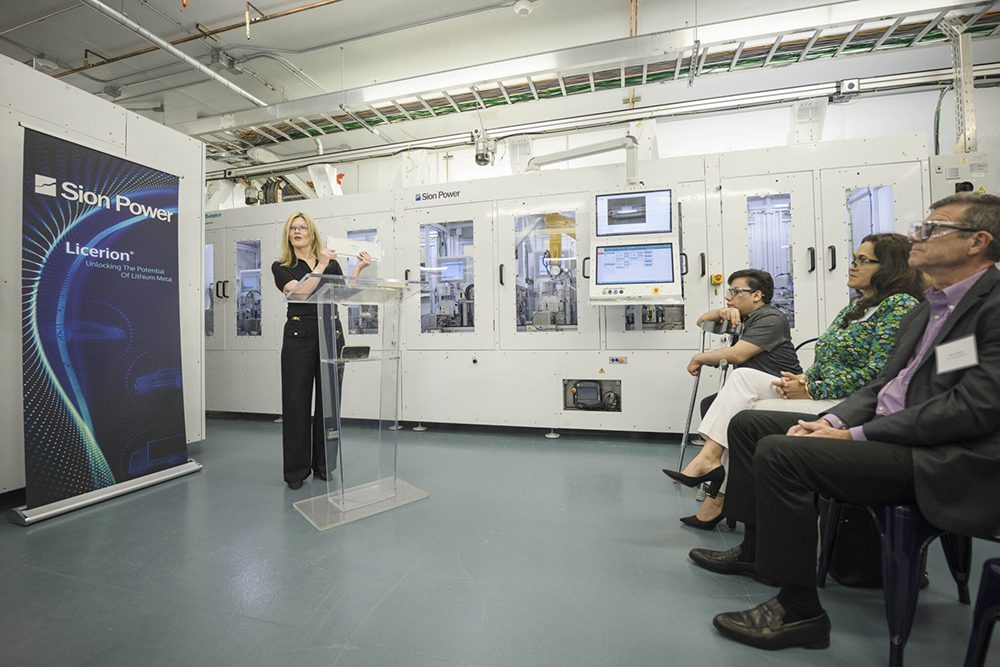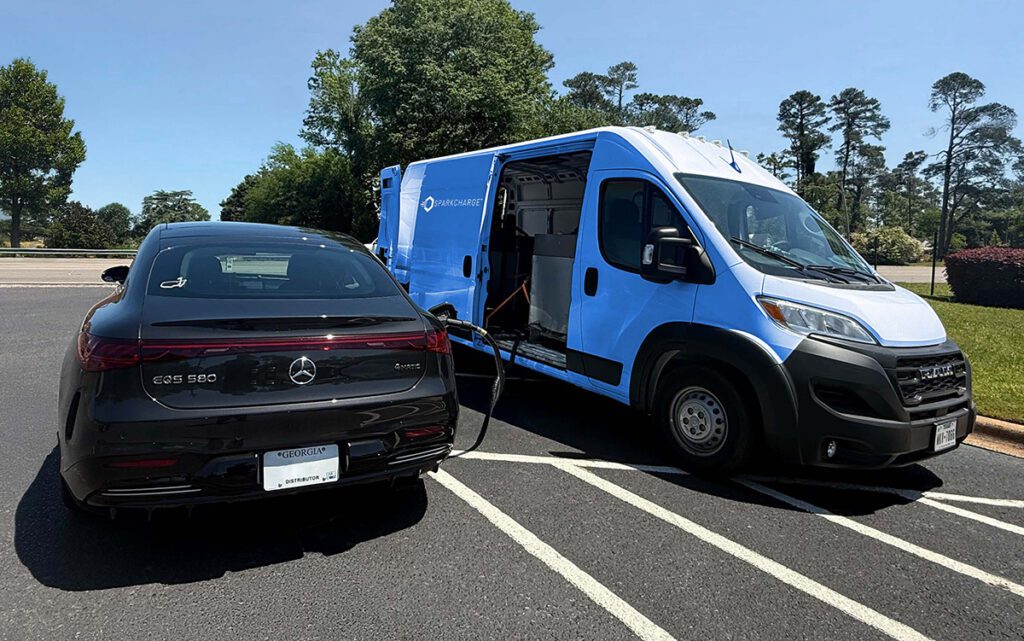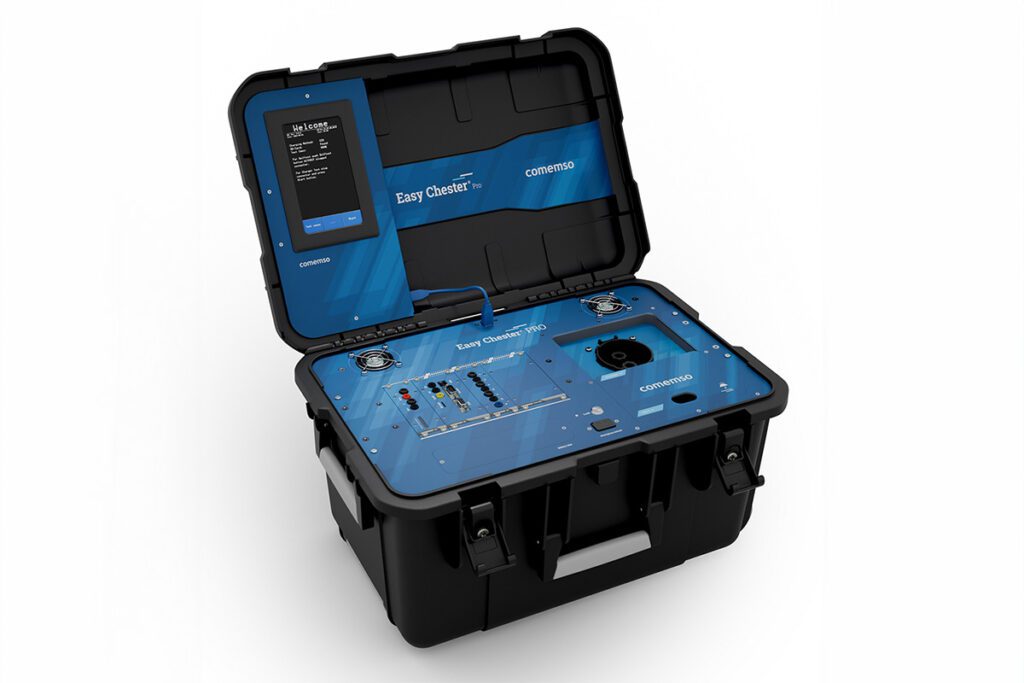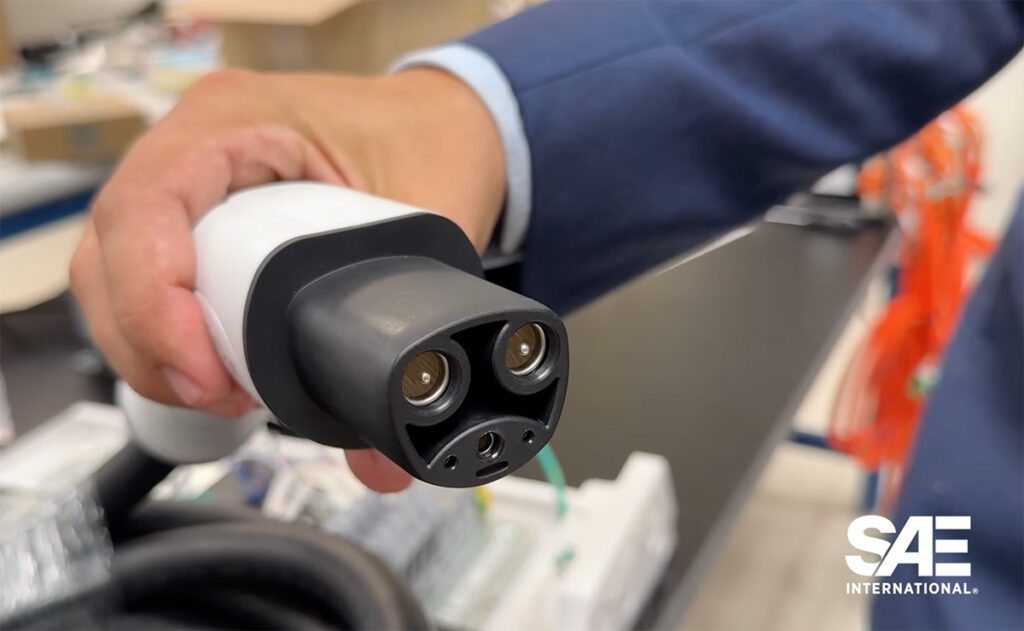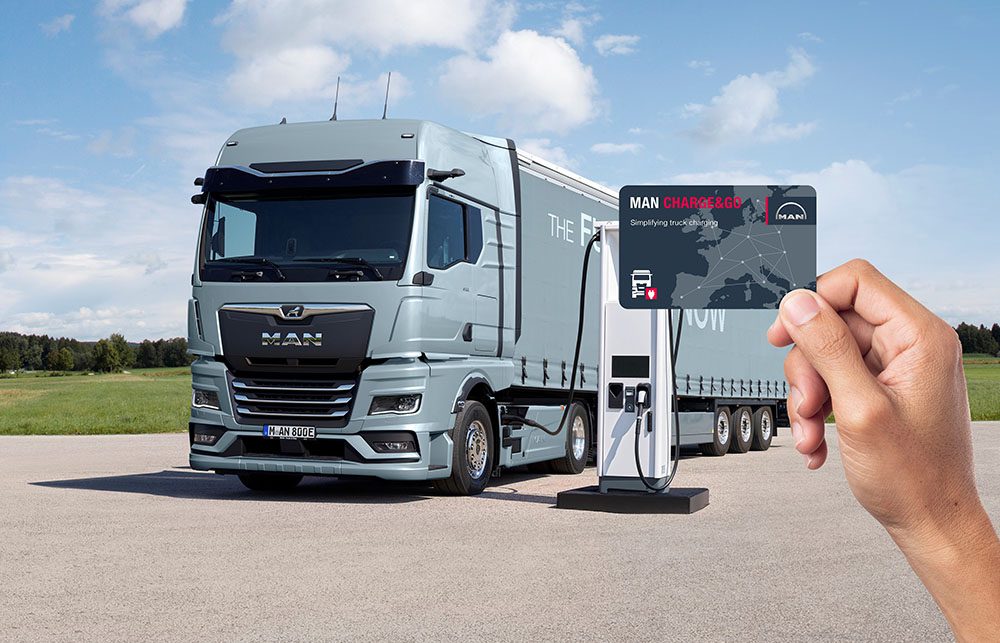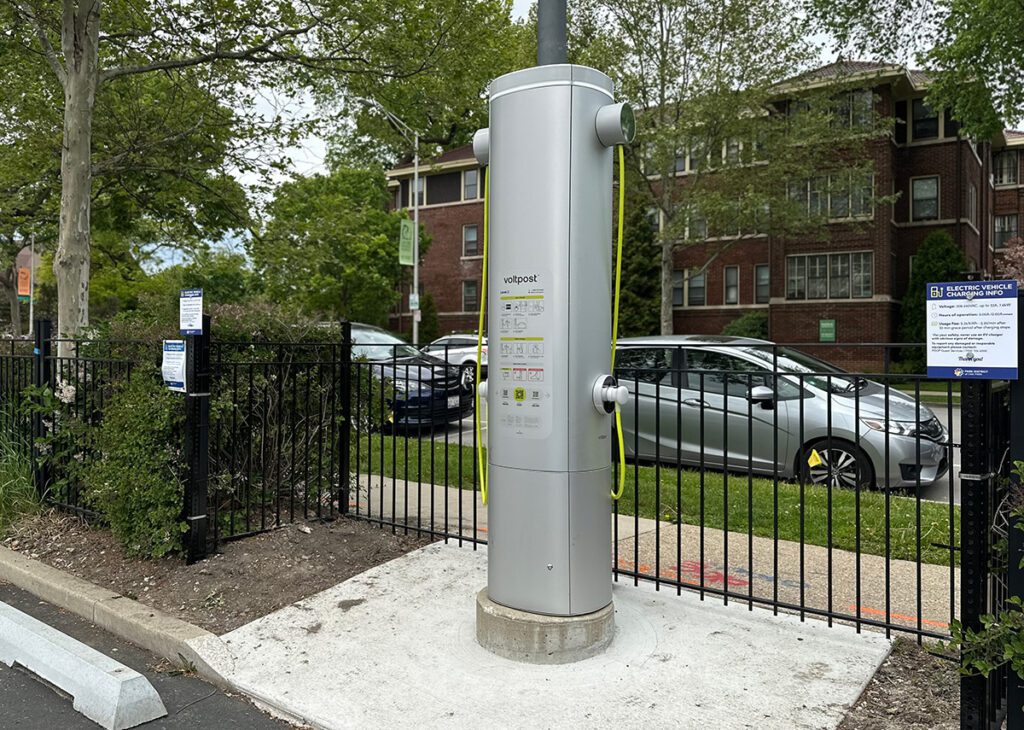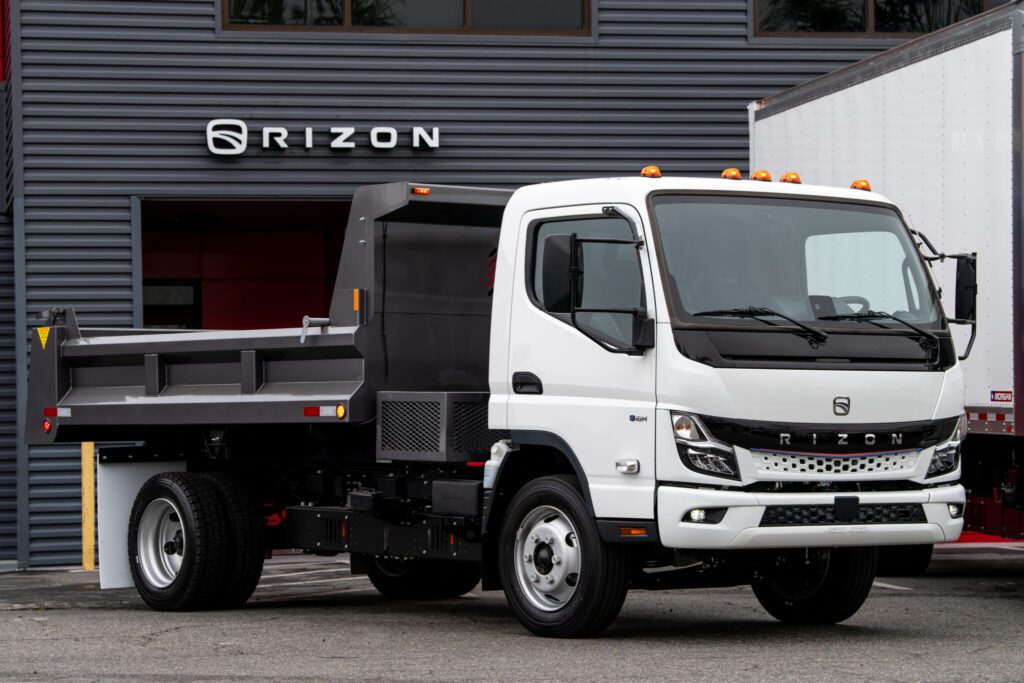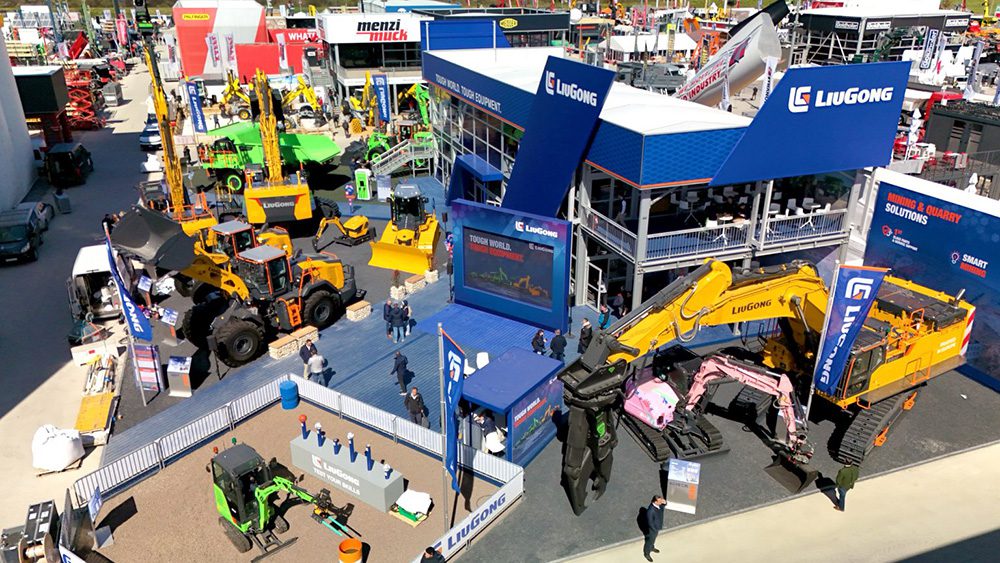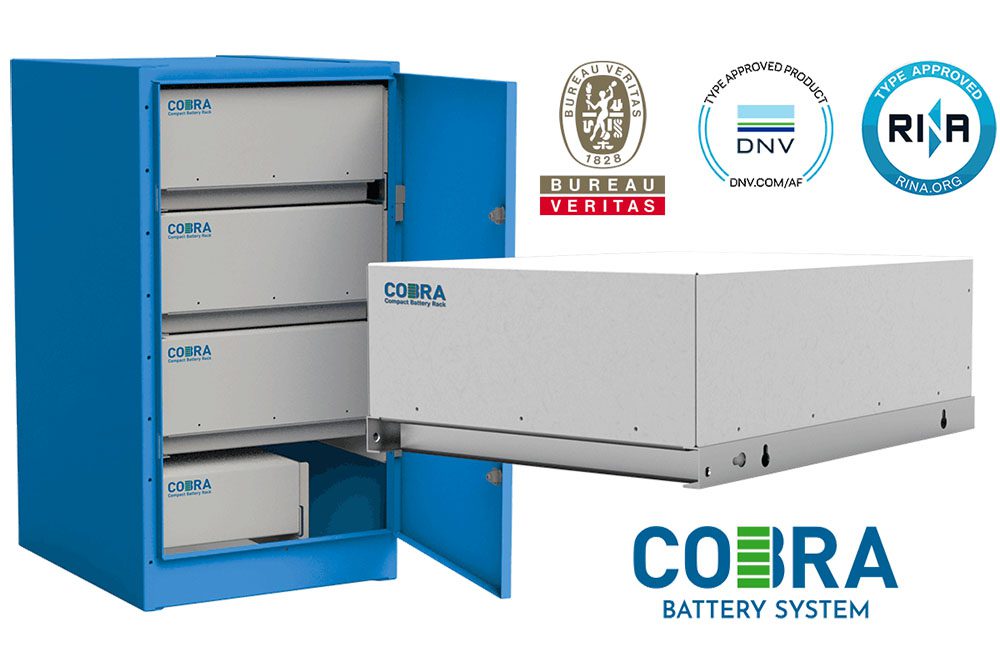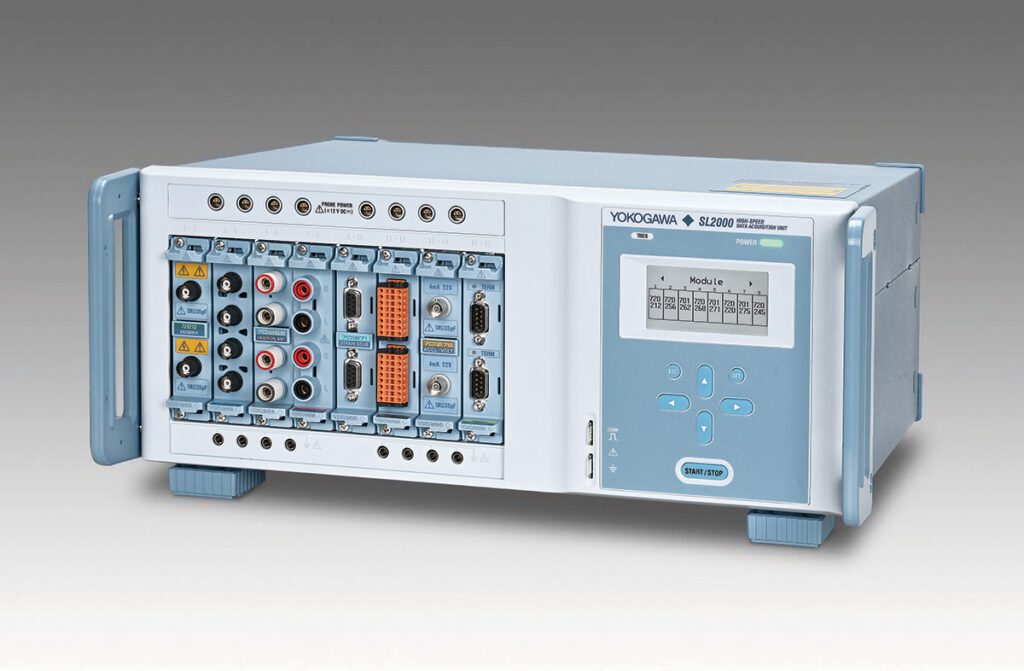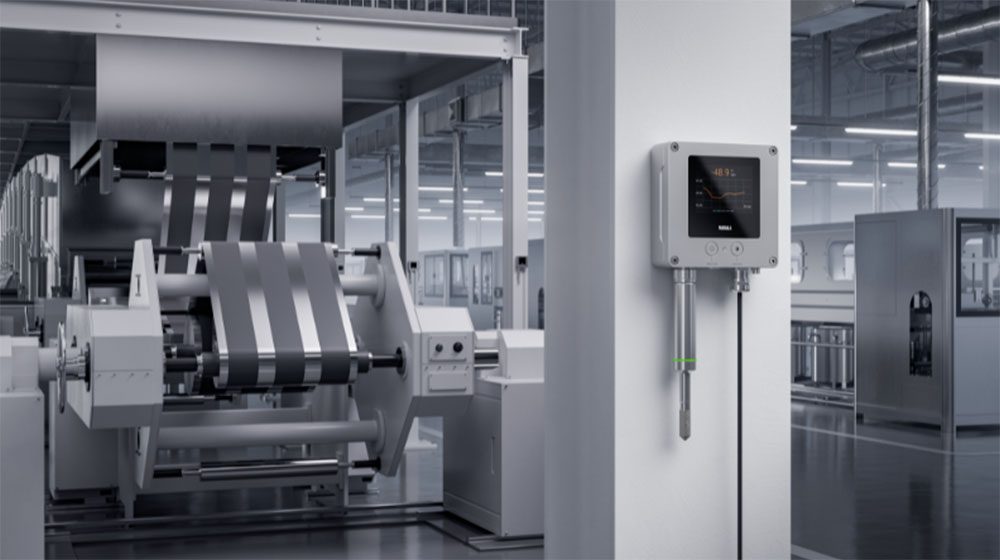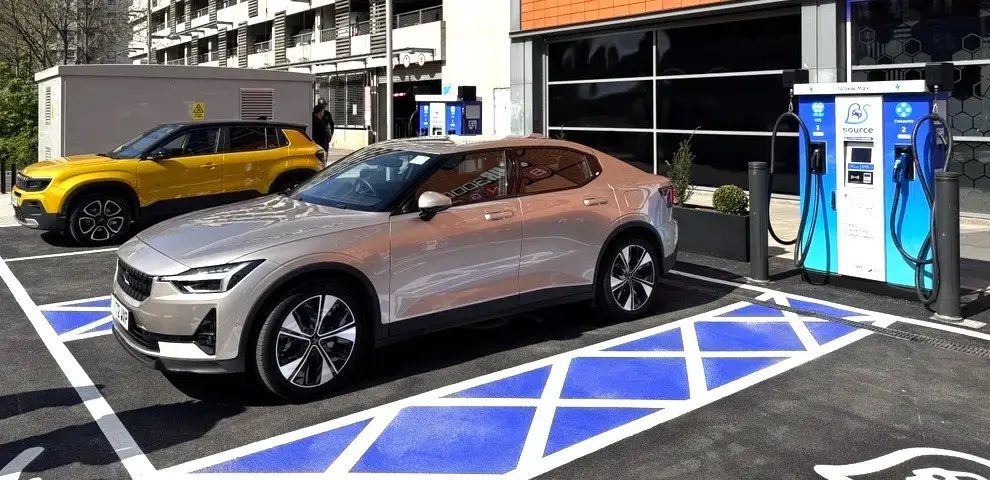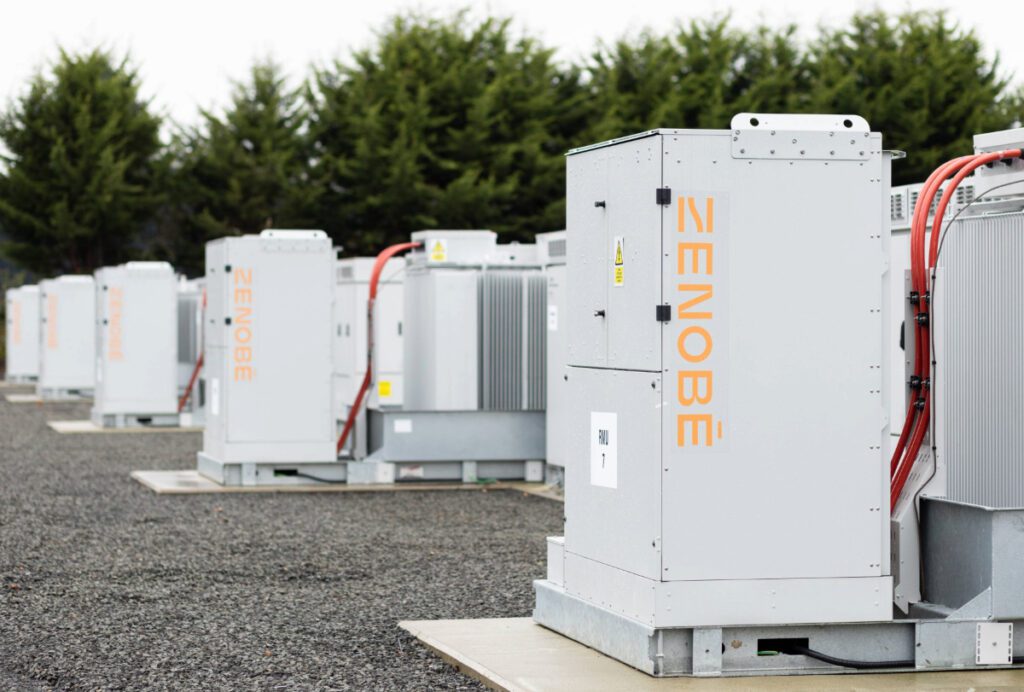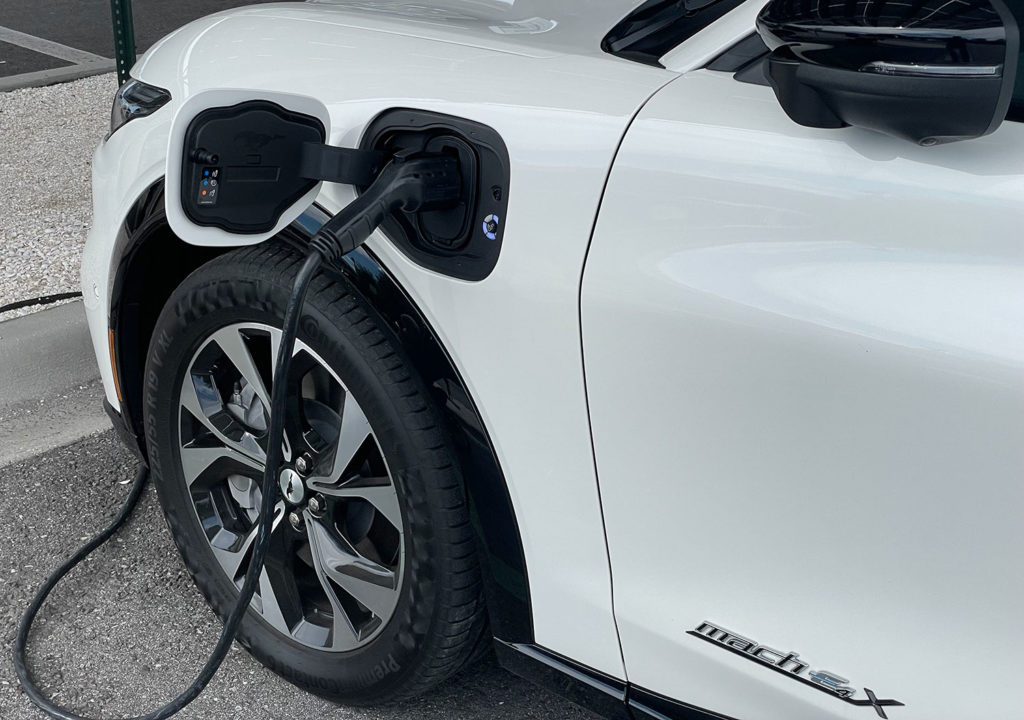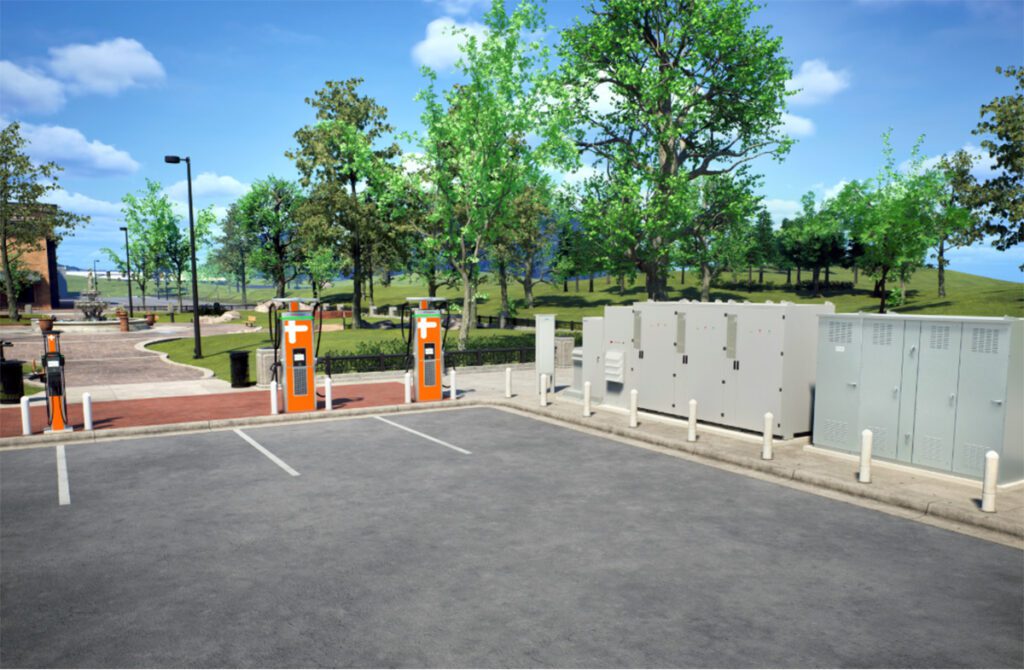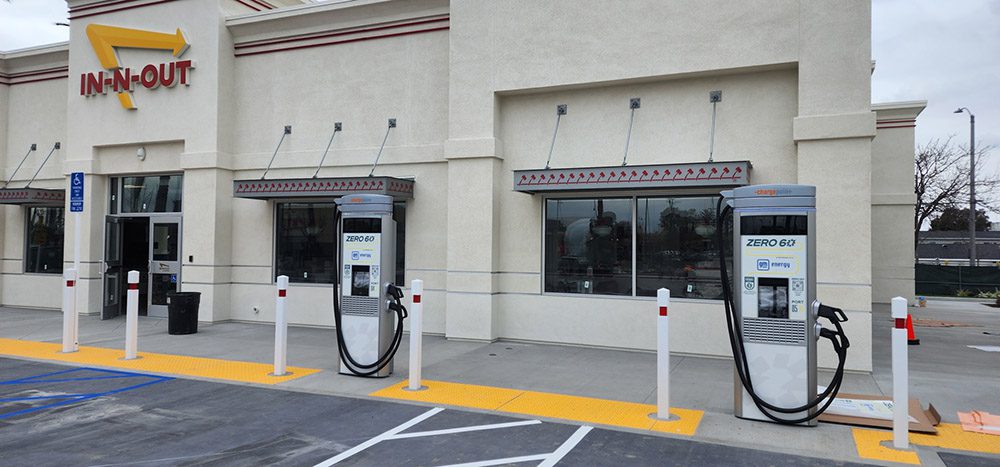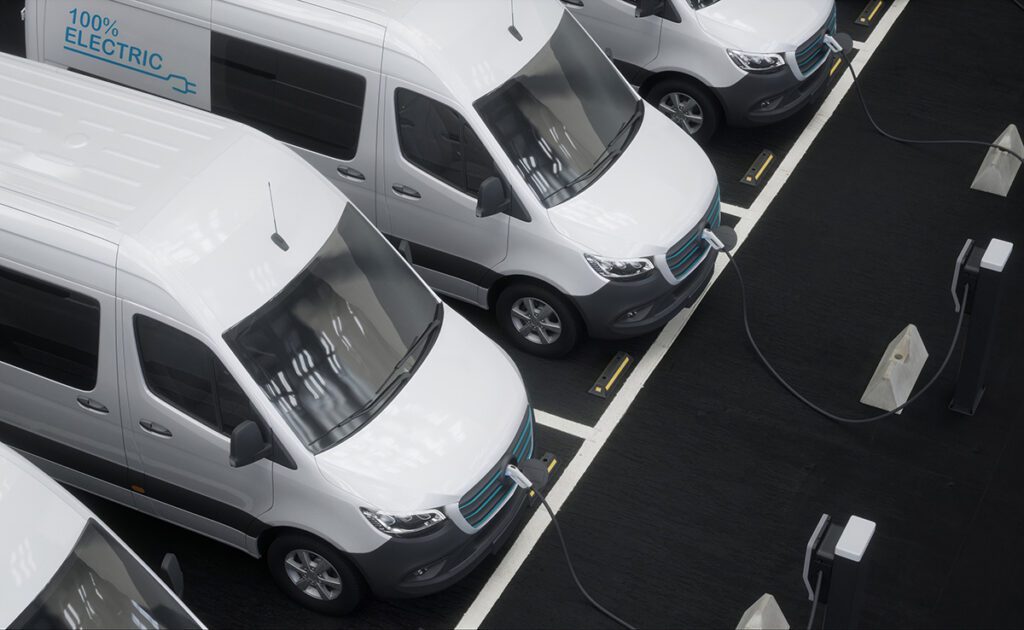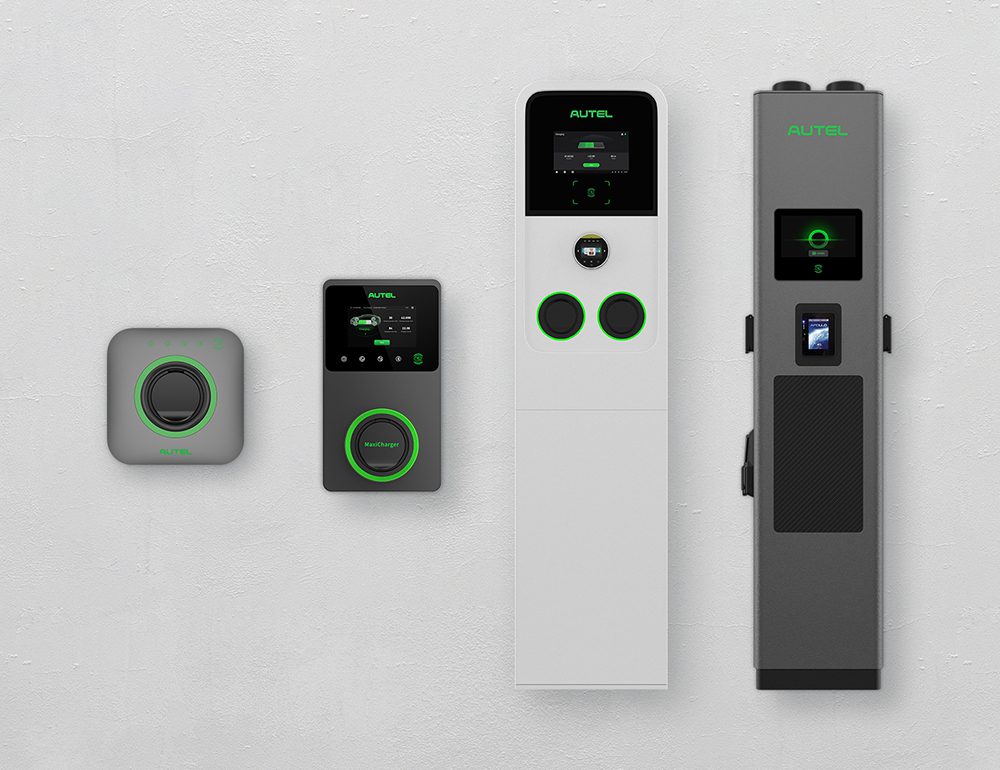BMW has bet big on carbon fiber – it’s a key material in the groundbreaking i3 and i8 EVs, and the Bavarian automaker is steadily increasing production of the stuff. However, the miracle material is still too expensive for most automakers to take advantage of its strength and light weight – the average cost of raw carbon fiber is estimated at around $20 per kilogram, compared to less than $1 for steel.
MAI Carbon Cluster Management, a research effort supported by Germany’s government and a list of corporations that includes BMW, Audi, Airbus and Siemens, aims to change that. The consortium’s goal is to reduce carbon fiber production costs by 90 percent, and it’s making good progress, according to project head Klaus Drechsler.
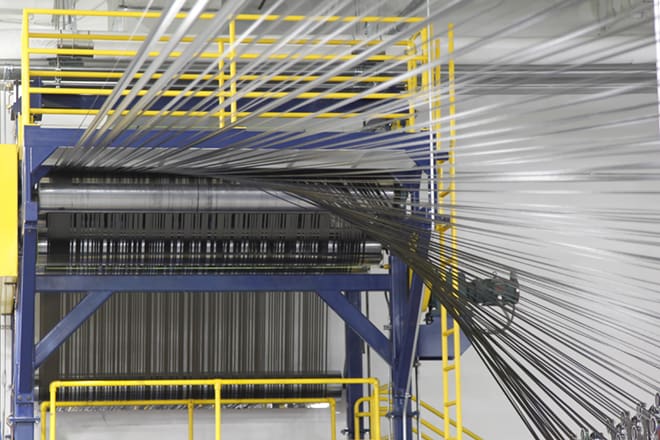
“We’ve certainly reached a halfway point on our cost-cutting target for suitable carbon-fiber parts,” Drechsler told Bloomberg (via Green Car Reports). “We’ll see a lot more carbon fiber use in the next generation of cars. The key is to really drive automation. There are different scenarios about how carmakers can use carbon fiber – extensively like BMW, with a carbon fiber chassis, or with smaller components.”
Carbon fiber technology is already “very, very economical” in BMW’s i8, said BMW Head of Development Herbert Diess, and its use in cheaper vehicles “is going to develop over time. Mixed use of materials is a becoming a key term across the industry.”
In the US, the Oak Ridge Carbon Fiber Composites Consortium, which includes partners such as Ford Motor and Dow Chemical, is also working towards the goal of cheaper carbon fiber.
Source: Bloomberg via Green Car Reports




